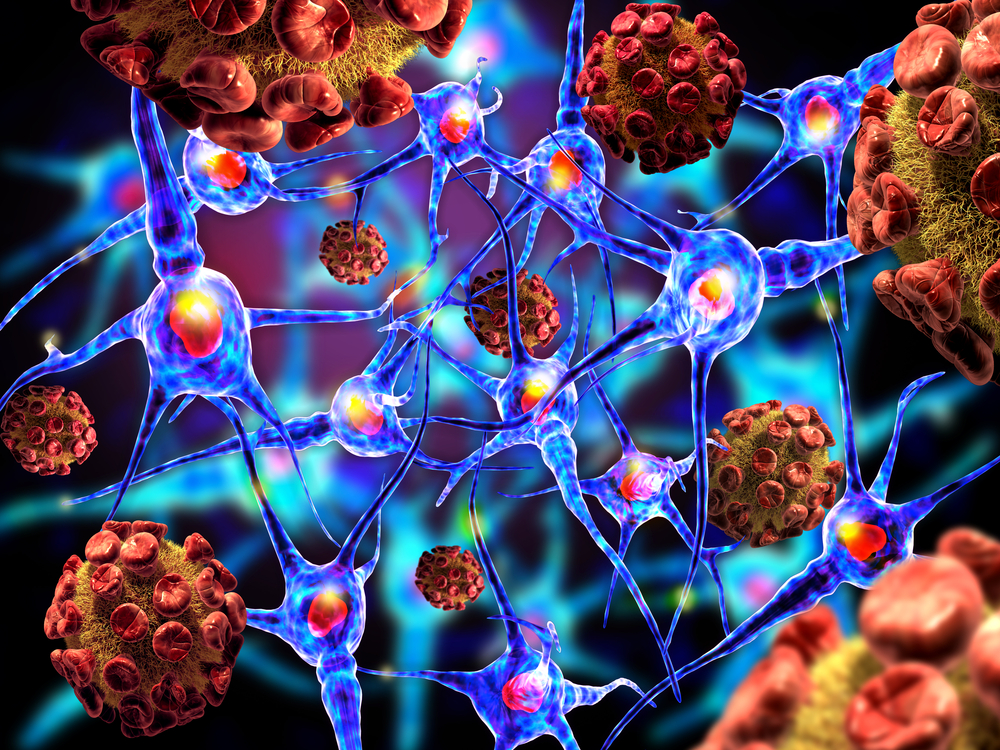Potential Disease-Modifying Therapy for Parkinson’s Enters Phase 2b Study in New Zealand

Living Cell Technologies announced that it has received approval from the Auckland Hospital Research Review Committee to begin a Phase 2b clinical trial evaluating its lead product, NTCELL, as a potential treatment for Parkinson’s disease.
Patient recruitment for the trial is now underway, the company said in a press release.
NTCELL is an alginate-coated capsule enclosing clusters of neonatal porcine choroid plexus cells. Following transplantation, NTCELL works by producing factors to promote new central nervous system growth and repair disease-induced nerve degeneration, according to the release.
The Phase 2b trial aims to confirm the most effective dose of the therapy and further evaluate its potential as a disease-modifying treatment. It follows a Phase 1/2a study in Parkinson’s patients, also in New Zealand, which met its primary endpoint of safety and showed clinical efficacy improvements. The results were presented at the 2015 World Congress of Movement Disorders and Parkinson’s Disease in California. The larger Phase 2b trial will also seek to define any placebo component of response and identify the initial Parkinson’s disease patient subgroup target.
If the trial is successful, Living Cell Technologies will request consent to begin treating paying patients in New Zealand, with an intent to launch NTCELL as the first disease-modifying treatment for Parkinson’s disease in 2017.
NTCELL has the potential to treat other central nervous system diseases, including Alzheimer’s and Huntington’s, and motor neuron diseases like amyotrophic lateral sclerosis, the company reported.
Patients with rosacea may be at an increased risk of new-onset Parkinson’s disease, according to a Danish population study, “Exploring the Association Between Rosacea and Parkinson Disease: A Danish Nationwide Cohort Study,” published in JAMA Neurology.
Rosacea is a common chronic inflammatory skin condition characterized by transient or persistent centrofacial erythema as well as concomitant telangiectasia, papules, and pustules. Its pathogenesis remains uncertain, but an increase in the activity of a family of enzymes called matrix metalloproteinases seems to play a role. Neurodegenerative disorders such as Parkinson’s disease (PD) also show an increase in these enzymes’ activity, which contributes to neuronal loss.






